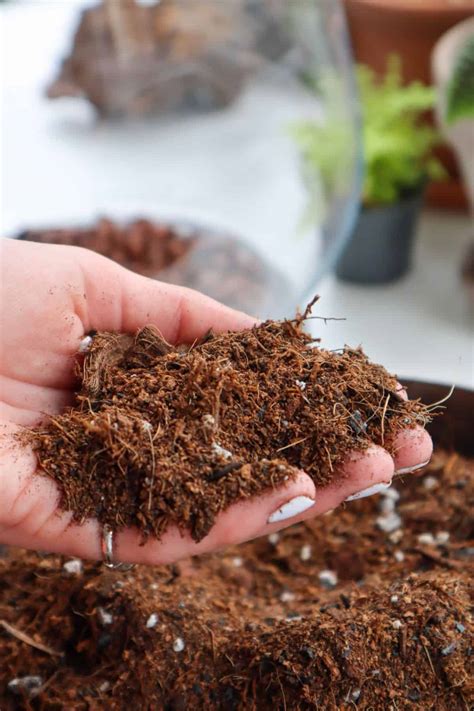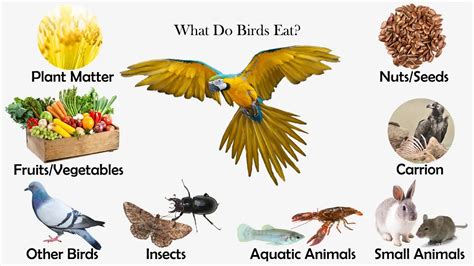Introduction
Providing proper nutrition for adult birds is crucial for their overall health and well-being. A balanced diet ensures that birds receive the essential nutrients they need to thrive, preventing nutrient deficiencies and related health issues. This comprehensive guide will provide you with all the information you need to understand your adult bird’s dietary requirements, with a special focus on the year 2025.

Understanding Adult Bird Nutrition
Nutritional Needs:
– Protein: Essential for muscle growth, feather development, and egg production.
– Carbohydrates: Provide energy and fuel for daily activities.
– Fats: Offer a concentrated source of energy and support hormone production.
– Vitamins and Minerals: Play crucial roles in metabolism, immunity, and overall health.
A Balanced Diet for Adult Birds
Pellet-Based Diet:
– Convenient and nutritionally balanced.
– Contains all essential nutrients in a form that is easily digestible.
– Available in various formulations to meet different bird species’ needs.
Additional Food Sources:
– Fruits and Vegetables: Provide vitamins, minerals, and antioxidants.
– Seeds and Nuts: Offer fats, proteins, and vitamins.
– Mealworms and Crickets: High in protein and provide stimulation.
The Importance of Fresh Water
Fresh water is essential for all birds, as it:
– Regulates body temperature.
– Aids in digestion.
– Supports waste elimination.
– Prevents dehydration.
Critical Nutritional Considerations for 2025
Changing Climate: Climate change may affect food availability and nutrient composition.
– Consider diversifying food sources to ensure a balanced diet.
Increased Longevity: With advancements in veterinary care, birds are living longer.
– Adjust diets to meet the nutritional needs of aging birds.
Health Concerns: Obesity and degenerative diseases are becoming more common in birds.
– Provide a diet that promotes lean body mass and reduces the risk of chronic diseases.
Choosing the Right Bird Food
Consider Your Bird’s Species: Different bird species have specific nutritional requirements.
Read Food Labels Carefully: Check ingredient lists and guaranteed analysis to ensure nutritional adequacy.
Avoid Overfeeding: Follow recommended serving sizes to prevent obesity.
Rotate Food Types: Offer a variety of food sources to prevent boredom and ensure a balanced diet.
Tips and Tricks
Offer a Variety of Food Sources: This stimulates natural foraging behavior and prevents nutritional deficiencies.
Monitor Food Intake: Observe your bird’s eating habits to detect any changes in appetite or preferences.
Provide Regular Exercise: Activity helps burn calories and promotes overall health.
Consult a Veterinarian: Seek professional guidance for any dietary concerns or health issues.
Reviews
“This guide has been invaluable in helping me understand my bird’s nutritional needs and provide a balanced diet.” – Jessica S.
“The information on the changing climate and its impact on bird nutrition was particularly insightful.” – Peter W.
“I appreciate the emphasis on fresh water and the importance of monitoring food intake.” – Mary T.
“The tips on providing variety and rotating food types have helped keep my bird entertained and healthy.” – John D.
Conclusion
Providing optimal nutrition for adult birds is essential for their well-being and longevity. By understanding their dietary requirements, choosing the right food, and incorporating fresh water into their diet, you can ensure that your feathered friend thrives in 2025 and beyond. Remember to consult a veterinarian for any dietary concerns or health issues.





















